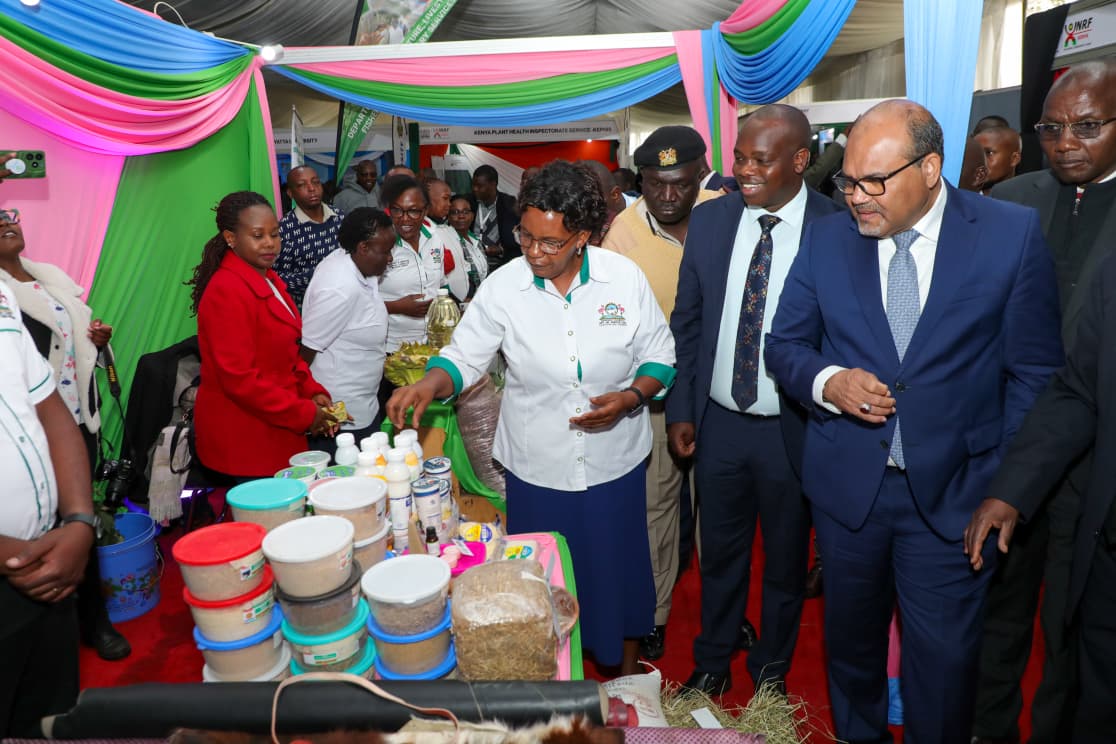
Kagwe urges scientists to prioritize ASALs in agricultural research » Capital News
NAKURU, Kenya, Aug 21 – Agriculture Cabinet Secretary Mutahi Kagwe has urged scientists and innovators to channel their research efforts towards Arid and Semi-Arid Lands (ASALs), which cover nearly 80 per cent of Kenya’s land mass.
He said ASALs hold the greatest agricultural potential in the face of global warming, yet remain underutilized.
In remarks delivered on his behalf by Research Secretary Phyllis Njane during the launch of the National Research Festival 2025 at Egerton University, Kagwe emphasized that research is central to Kenya’s development strategy and food security agenda.
The five-day festival, organized by the National Research Fund in collaboration with academia, research institutions, development partners, and industry sponsors, provides a platform for cross-sectoral dialogue on research and innovation.
Kagwe said agriculture must be anchored on science and innovation to unlock the vast drylands, while pointing out that the much-hyped 20 percent of high-potential land is increasingly lost to fragmentation and construction, turning it into a “concrete jungle.”
“All research, science and technology should focus on ASALs because that is where Kenya has the greatest potential to achieve food sovereignty,” Kagwe said.
He noted that the festival was not merely a celebration of knowledge but a strategic opportunity for reflection, dialogue, and reaffirmation of Kenya’s commitment to a research-driven future.
Data, innovation and inclusivity
The CS added that agricultural transformation must be rooted in data, innovation, inclusivity, and grounded in the realities of farmers, markets, and households.
“The government is promoting nutrition-sensitive agriculture, especially with indigenous crops and bio-certified varieties, in efforts to secure food and nutrition security,” he said.
He further noted that the government is enhancing post-harvest systems to reduce losses, add value, and open innovation pathways for youth, women, and marginalized regions.
His sentiments were echoed by Principal Secretary for Science, Research, and Innovation Shaukat Abdulrazak, who stressed the role of innovation in addressing hunger.
Abdulrazak pledged to engage university vice chancellors to strengthen the link between research and agricultural transformation, while noting that the government will prioritize funding and coordinating clear missions in climate-smart crops and soils.